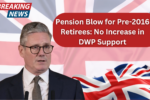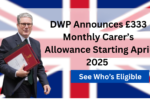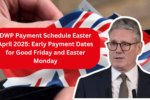The UK government has rolled out a £300 Cost of Living Payment to provide financial support for low-income households struggling with rising living costs. This payment is part of a wider £900 support package spread across three instalments over the 2023-2024 financial year.
For many people relying on benefits, this additional financial aid is crucial in offsetting the impact of soaring food prices, energy bills, and general living expenses. But who qualifies for the £300 payment, and when can eligible recipients expect to receive it? Here’s everything you need to know.
Who Is Eligible for the £300 Cost of Living Payment?
To qualify for the payment, individuals must be receiving one of the following means-tested benefits during a specific eligibility period:
1. Universal Credit
- You must have received a Universal Credit payment for an assessment period ending between 18 August 2023 and 17 September 2023.
- Those whose earnings were too high to qualify for a Universal Credit payment during this period will not receive the £300 support.
- More information on Universal Credit eligibility is available on Gov.uk.
2. Income-Based Jobseeker’s Allowance (JSA)
- Individuals who were entitled to Income-Based JSA for any day between 18 August 2023 and 17 September 2023 are eligible.
- Contributions-based JSA does not qualify for this payment.
3. Income-Related Employment and Support Allowance (ESA)
- If you were receiving Income-Related ESA during the qualifying period, you will be entitled to the payment.
- Contributions-based ESA alone does not make you eligible.
4. Income Support
- Recipients of Income Support during the eligibility period will receive the £300 payment automatically.
5. Pension Credit
- Pensioners who were entitled to Pension Credit between 18 August and 17 September 2023 qualify.
- Pension Credit is an underclaimed benefit-if you apply for it by December 2023, you may still be able to backdate your claim and receive the Cost of Living Payment.
6. Working Tax Credit and Child Tax Credit
- If you receive only Tax Credits from HM Revenue and Customs (HMRC), you will still be eligible for the £300 payment.
- Your eligibility is based on receiving a payment for any day between 18 August and 17 September 2023.
- Visit Gov.uk for details on Tax Credits.
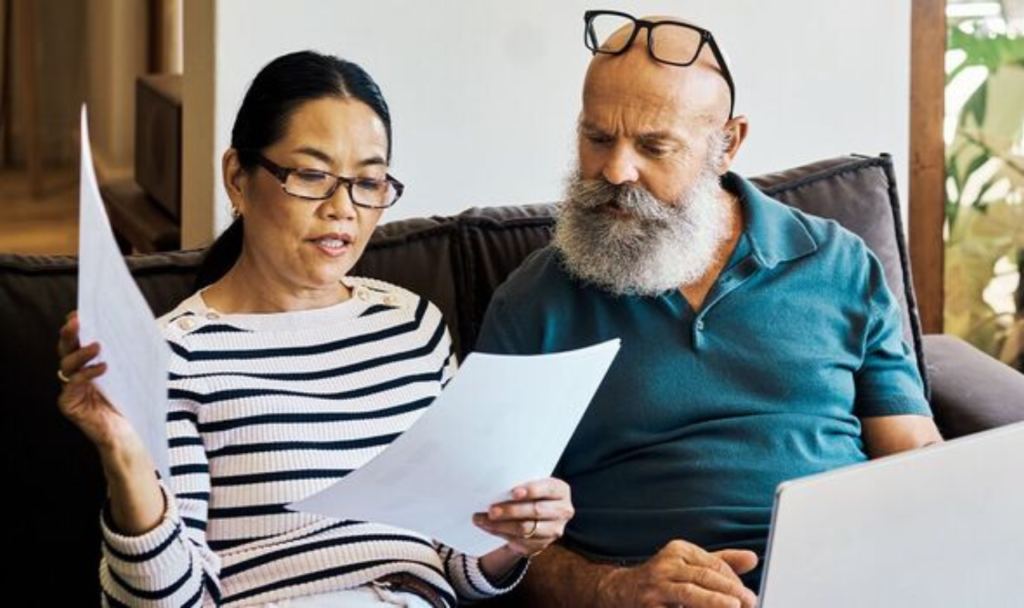
When Will the £300 Payment Be Made?
The Department for Work and Pensions (DWP) and HM Revenue and Customs (HMRC) have set different payment dates depending on which benefit you receive.
For DWP Benefit Recipients
- Those receiving Universal Credit, Income-Based JSA, Income-Related ESA, Income Support, or Pension Credit should have received their payment between 31 October and 19 November 2023.
For Tax Credit-Only Recipients
- If you receive Working Tax Credit or Child Tax Credit but do not receive other DWP benefits, HMRC paid your £300 between 10 November and 19 November 2023.
Payments were made automatically, meaning eligible recipients did not need to apply or take any action to receive them.
What If I Haven’t Received My Payment?
If you meet the eligibility criteria but have not yet received your £300 payment, you should:
- Check your bank account: The payment should appear as “DWP COL” or “HMRC COLS” in your statement.
- Ensure you were receiving benefits during the qualifying period.
- Contact DWP or HMRC if your payment is missing after the expected timeframe.
Additional Support: Other Cost of Living Payments
The £300 payment is the second of three instalments designed to support low-income households during the 2023-2024 period. The full schedule is as follows:
- £301 – First Cost of Living Payment: Paid between 25 April and 17 May 2023.
- £300 – Second Cost of Living Payment: Paid between 31 October and 19 November 2023.
- £299 – Third Cost of Living Payment: Scheduled for spring 2024.
Other Government Support Payments
The government has also introduced additional payments to help different groups:
- £150 Disability Cost of Living Payment – Paid to eligible disability benefit claimants in summer 2023.
- £300 Pensioner Cost of Living Payment – Provided alongside Winter Fuel Payments in winter 2023/2024.
These payments are separate from the main £900 cost of living support and aim to assist individuals facing additional financial difficulties.
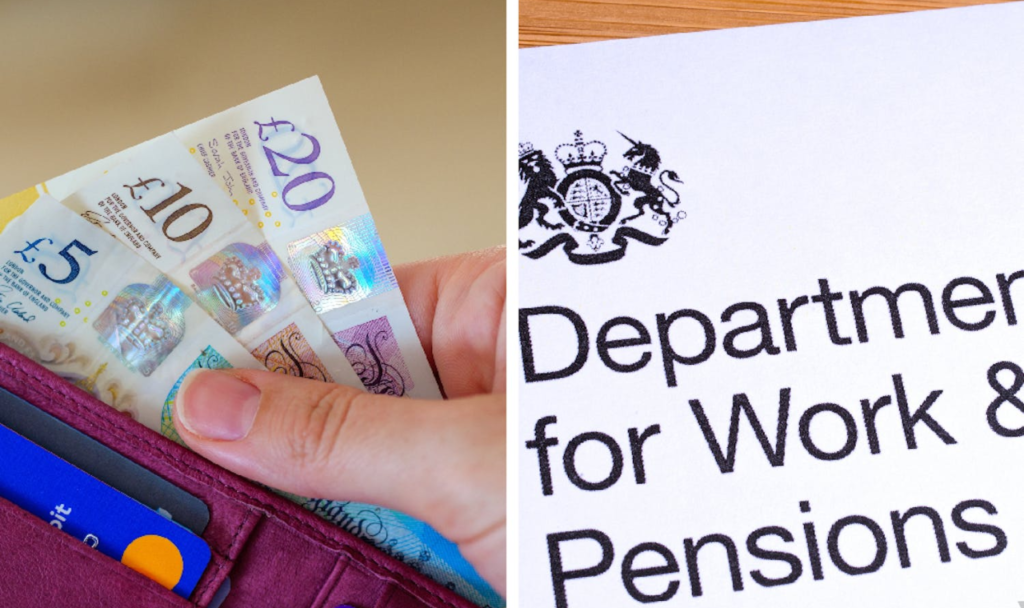
Why Is the Cost of Living Payment Necessary?
The UK has experienced significant inflation and rising household costs, making it harder for low-income families to afford basic necessities. Energy bills, rent, and food prices have surged, putting financial pressure on millions.
The government’s Cost of Living Payments are designed to reduce financial strain and help households manage essential expenses.
However, some campaigners argue that more support is needed, especially for those ineligible for these payments. Charities continue to call for long-term solutions rather than one-off payments to address poverty and economic hardship.
How to Get Further Help
If you’re struggling with finances, you may be able to access:
- Local Council Assistance: Some councils offer Household Support Funds to help with bills and essentials.
- Debt Support: Organisations like Citizens Advice (www.citizensadvice.org.uk) and Step Change (www.stepchange.org) provide free financial advice.
- Benefit Entitlement Checks: Use the Gov.uk benefits calculator to check if you’re missing out on financial support.
Final Thoughts
The £300 Cost of Living Payment is a vital financial boost for millions of struggling households. With rising costs continuing to impact everyday life, these payments provide much-needed relief for those on low incomes and benefits.
If you believe you’re eligible but haven’t received your payment, be sure to check your bank account and contact DWP or HMRC if needed.

Pankaj Kumar is a journalist at Chandigarh X, covering admit cards, recruitment, and government schemes. His articles provide readers with detailed insights into application processes, eligibility, and exam updates.
Outside of work, Pankaj enjoys traveling, fitness, and cricket, often participating in local matches on weekends.

